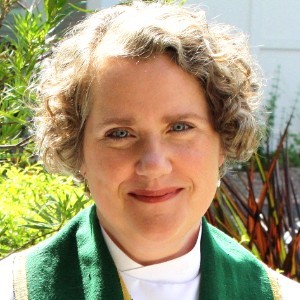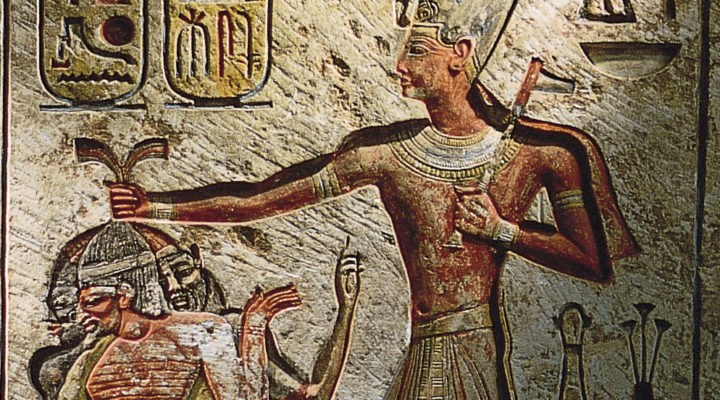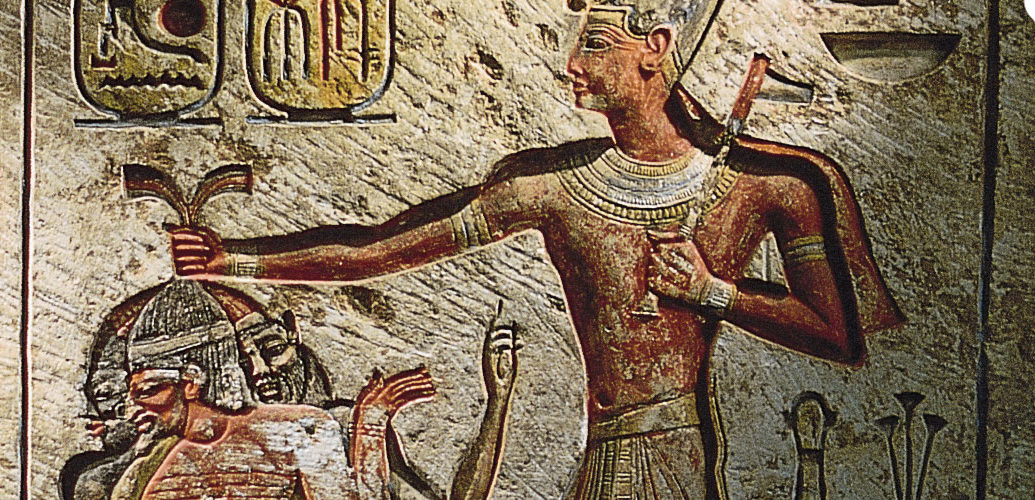The stories we tell matter. The stories some try to silence matter, too, maybe even more.
Legislatures across our country are using the rhetoric of fear to push through bills that seek to control the story of our country. So many of the arguments in support of these bills intentionally center the fears of white people while neglecting the realities of Americans who are not white — intentionally twisting the narrative away from systemic racism and the harm it has done and continues to do and toward white fragility.
Many politicians are openly criticizing Critical Race Theory. Texas Gov. Greg Abbott said it should be “abolished.”

Laura Mayo
Kimberlé Crenshaw, a founding Critical Race theorist and a law professor, notes: “Critical Race Theory is a practice. It’s an approach to grappling with a history of white supremacy that rejects the belief that what’s in the past is in the past, and that the laws and systems that grow from that past are detached from it.” In other words, Critical Race Theory acknowledges that systemic racism is woven into American society and it challenges the beliefs that allow it to continue to flourish.
‘A new king arose …’
In the first chapter of Exodus we read: “Now a new king arose over Egypt, who did not know Joseph.” This statement is the framing of the story of the Hebrew people’s enslavement in Egypt. Some Hebrew Bible scholars suggest that this passage conveys more than benign ignorance, that instead of “did not know” Joseph, we ought instead to translate this as: A new king rose over Egypt to whom Joseph meant nothing; as though Joseph’s contributions to Egypt were worthless. But Joseph was vizier, he was second-in-command to Pharaoh.
Joseph used his position of power to ensure that the storehouses were full. Joseph’s planning meant that when famine came there was enough food for the Egyptians and for the refugees who fled to Egypt seeking food and shelter. Among the refugees were many Hebrew people, including Joseph’s own brothers. Joseph spoke with the ruling Pharaoh, and his brothers and other Hebrew people found a welcome home in Egypt. His brothers were given positions of power within the Egyptian government and his father was honored by Pharaoh.
But then a new king rose over Egypt to whom Joseph meant nothing, we read in Exodus 1:8-10, and this king said to his people: “‘Look, the Israelite people are more numerous and more powerful than we. Come, let us deal shrewdly with them, or they will increase and, in the event of war, join our enemies and fight against us and escape from the land.’ Therefore they set taskmasters over them to oppress them with forced labor.”
“This leader who refused to know real history used unfounded, irrational fear as a tool to control the story.”
This leader who refused to know real history used unfounded, irrational fear as a tool to control the story. With fear he manipulated the Egyptians. There is no hint in the biblical narrative that the Israelites are anything but good, faithful citizens. The pharaoh who tried to erase Joseph is the same Pharaoh who enslaved and abused the Hebrew people; doing everything he could to control their story.
Intentional erasure
Joseph’s legacy could not have been forgotten easily, but it could have been intentionally denied, ignored, erased. His story challenged prejudices, challenged Egyptian elitism and Egyptian superiority, and so his story was written out, forgotten.
Pharaoh is like a United States senator who rewrites our history by refusing to know James Baldwin, Katherine Johnson or Marie Daly or soldiers of 369th Infantry Regiment of the U.S. Army during World War I and World War II or Buffalo soldiers or Langston Hughes or Gwendolyn Brooks or Frederick Douglass. Pharaoh is like a governor who tries to forget the truth that the border moved. He is like a teacher who tries to erase a child’s name by giving a child a new name because the teacher won’t take the time to hear and learn. He is like a professor of theology who suppresses any voice that isn’t white and male and relegates theologians like James Cone and Sallie McFague and Marcella Althaus-Reid to “contextual” theology, pushed to the side.
The pharaohs of our day seek to control who gets to tell the story and what story is told. But we need to hear the story, the whole story, to consider the impacts of the genocide of first nation peoples, the enslavement and abuse of Black people, the atrocities faced by Hispanic/Latinx communities and the systems of injustice that have been and continue to be part of our country. Understanding these experiences enables us to realize the fruit of violence, oppression and disenfranchisement. Knowing our history helps us understand the present and empowers us to create a more just future.
“The pharaohs of our day seek to control who gets to tell the story and what story is told.”
We must tell the story
Far from harming our children — which is one of the arguments by those seeking to push through these bills — these stories will empower our children and hopefully each of us to work for justice. Our children need to know — indeed, we all need to know — that our country has made and is still making some huge mistakes. And they need to know we can change. Everything is not OK, and we are not going to pretend it is.
We can teach them and ourselves that oppression, injustice and systemic racism is unacceptable. Denial is so tempting especially in the face of what makes us uncomfortable, but denial will not help us become the country we long to be.
So instead of denying our hard truths, our painful history, the ongoing oppression, let’s assure the children that they and we have the captivity to hear the stories, to believe people of color, to remember, and most importantly that we can and we will change.
As the story of the Exodus continues, Moses, once grown, encounters God in the burning bush. As we read in Exodus 3, God says: “The cry of the Israelites has now come to me; I have observed the misery of my people who are in Egypt; I have heard their cry on account of their taskmasters. Indeed, I know their sufferings, and I have come down to deliver them from the Egyptians, I have also seen how the Egyptians oppress them. So come, I will send you to pharaoh to bring my people, the Israelites, out of Egypt.”
“Many would rather believe a lie, a whitewashed American dream, than to hear the truth.”
God did not forget the story. Joseph meant something to God. And not just Joseph, but all those who are oppressed, abused, all those whom leaders have forgotten. God hears the cry and observes the misery. God knows the suffering and comes down to deliver those who are oppressed. God comes down in midwives, in acts of civil disobedience; God comes down in brave and resourceful mothers and sisters; God comes down in those who will hear, those who will listen, those who will amplify the voices of those who have known injustice and abuse.
Many would rather believe a lie, a whitewashed American dream, than to hear the truth. But how do we make the changes we must make if we don’t hear the full story, the true story, the hard and devastating story? We cannot let pharaoh control the story. We must join with God in hearing the cries of the oppressed, hearing the story and working for change, for justice.
Laura Mayo serves as senior minister of Covenant Church in Houston. She is a graduate of Carson-Newman University and Wake Forest Divinity School, with additional studies at Regent’s Park College of Oxford University. She is active in various interfaith projects and organizations in Houston.
Related articles:
Organized foes of Critical Race Theory shouldn’t set the direction of our school district | Opinion by Ryon Price
White hysteria, Critical Race Theory, and eyes that dare not see | Opinion by David Gushee
Want to understand Critical Race Theory? Read the Good Samaritan story | Opinion by Susan Shaw and Regina McClinton


